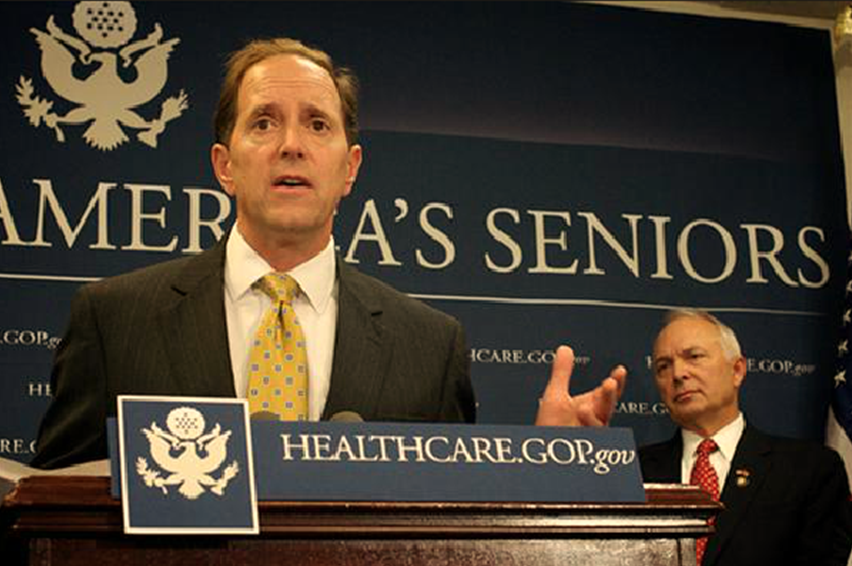
Will tax reform suppress charitable giving?
The Faith & Giving Coalition last week sent a letter to Rep. David Camp (R-MI), head of the House Ways and Means Committee and author of the far-reaching Tax Reform Act of 2014. With the November elections looming and great disagreement within and between the House and Senate on tax reform and the federal debt, Camp’s bill will not become law. But as a statement of principles from a highly influential legislator, it will help shape the next round of congressional debate and eventual action.
The letter and accompanying memo stress how important charitable giving is to faith-based organizations (a very large part of their income) and to society (because of their extensive good works). The Coalition points out that various states that recently reduced charitable giving tax incentives in order to gain more government revenue have discovered that the changes dramatically reduced donations to charities-relatively small increases in government income were gained at the expense of big drops in the money charities need to do their good work. Camp’s tax reform bill does not intend to undermine charitable giving and the charity sector, but the memo lays out a variety of ways that the proposed reforms will in fact be detrimental.
The memo rightly notes, “The current deduction for charitable giving is not a drain on federal tax revenue; it is a powerful human and financial engine for good in our society.” That is, the charitable tax deduction isn’t a conventional “tax loophole” or “tax expenditure” or “tax break.” Whatever benefit the recipient gets from the tax treatment is more than overbalanced by the fact that the deduction is earned only by giving money away for the good of others-others who count on the hundreds of thousands of charitable organizations in our society.
The letter and memo stress two realities overlooked by the usual analyses of the charity sector. First, while many secular nonprofits get much of their income from government grants, and from fees from government and private sources for services provided, most faith-based organizations depend much more heavily on private donations–and thus will be disproportionately harmed if charitable giving incentives are weakened. Second, an amazing three-quarters of charitable giving in America goes to religion–to houses of worship or to faith-based service organizations. So any decline in charitable giving will hit religious organizations the hardest.
